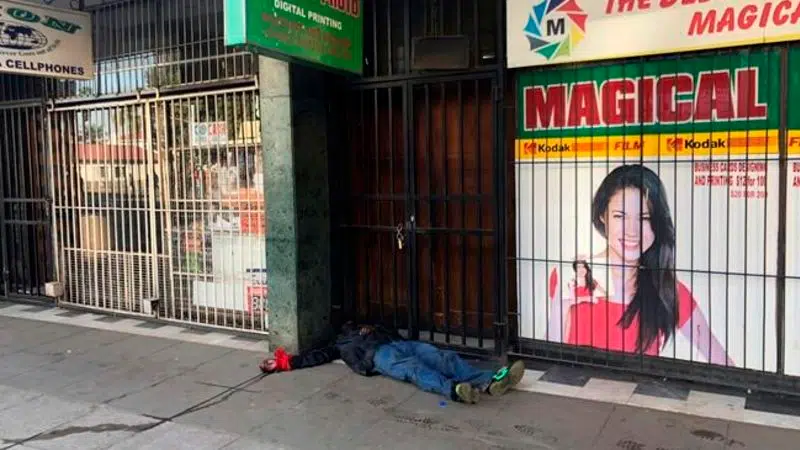
US sanctions Zimbabwean official over post-election killings
HARARE, Zimbabwe — The United States on Thursday placed on its sanctions list a former Zimbabwean army general who commanded troops accused of killing six civilians a year ago after a disputed election.
The listing of Anselem Sanyatwe, the first over the crackdown, signals U.S. frustration over the lack of accountability in the Aug. 1, 2018 killings in the capital, Harare. The announcement brought fresh anger from a Zimbabwe administration that since the fall of longtime leader Robert Mugabe in late 2017 has pressed to lift U.S. sanctions over past rights abuses.
“It is our position that sanctions imposed on our country are illegal,” said government spokesman Nick Mangwana. He said President Emmerson Mnangagwa has adopted a policy of rapprochement with the West “but that policy is not a policy of appeasement.”
Sanyatwe is the first Zimbabwean official listed for U.S. sanctions since Mugabe stepped down under military pressure. The former general and his wife are now barred from travelling to the U.S.


